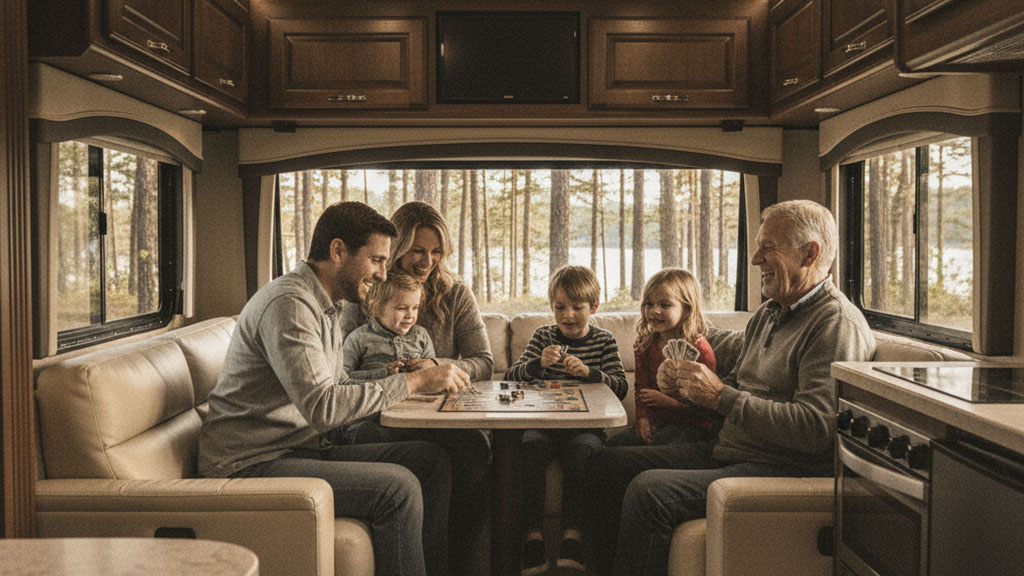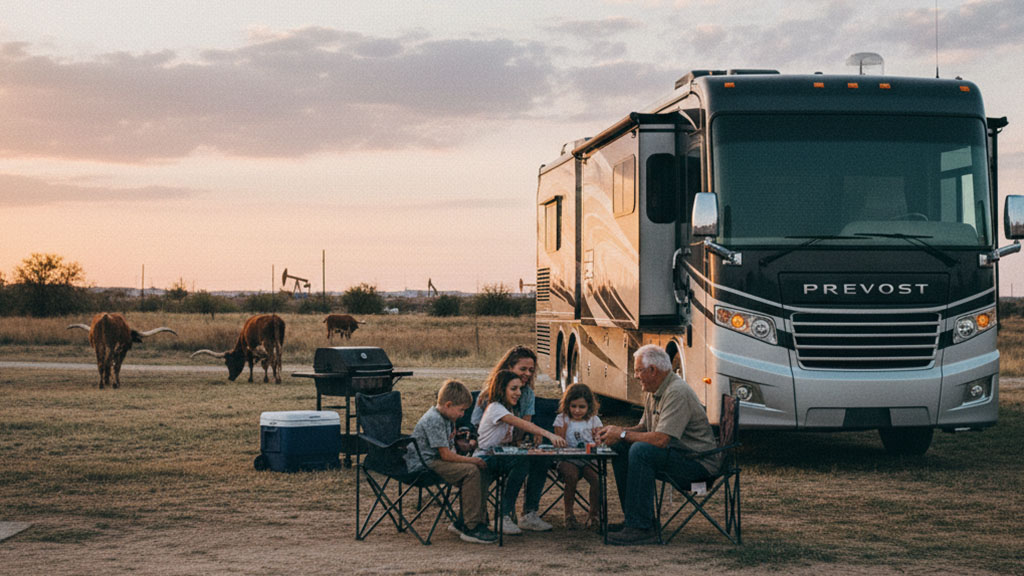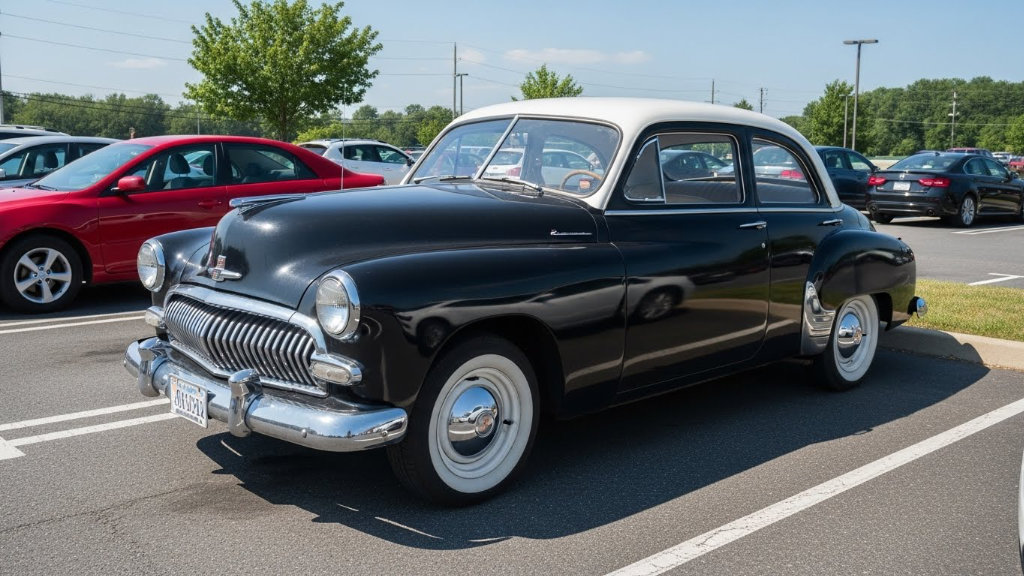California’s outdoor community just gained more freedom to roam — and Ride Legal is here to explain what the new Assembly Bill 518 (AB 518) means for RVers, travelers, and private landowners.
What Is AB 518?
Signed into law on October 1, 2025, AB 518 gives California counties the authority to allow small-scale, low-impact camping on private land. The bill creates a new classification called “low-impact camping areas” and exempts them — when they meet specific requirements — from the tougher “special occupancy park” regulations that typically apply to RV parks and campgrounds.
According to the California Legislative Information database and the official bill analysis, this new law balances expanded camping access with safety, environmental standards, and community oversight.
Key Provisions of the Law
To qualify as a “low-impact camping area,” a property must:
Limit stays to no more than 14 consecutive nights and 28 nights per year per camper.
Contain no more than nine sleeping accommodations, with a maximum of four RVs at once.
Be on at least two acres of land, set back 200 feet from residences and 30 feet from property lines or roads.
Comply with local fire, waste, tax, and safety regulations.
Be located in non-urbanized zones.
Obtain a county-issued permit and be listed in a local registry of approved sites.
Display permit information and host contact details visibly on-site.
Counties must choose to adopt AB 518 locally before these sites can operate, meaning each county can decide how — or if — it implements the new camping framework.

Why It Matters for RVers and Landowners
This legislation gives California’s farmers, ranchers, and rural property owners a new way to host campers legally and earn income through outdoor tourism. For RV owners and vanlifers, it promises more legal, affordable, and scenic places to camp — beyond the usual state parks and crowded campgrounds.
According to Hipcamp, which supported the bill, AB 518 “expands outdoor access, helps rural communities thrive, and ensures nature is enjoyed responsibly.” The company worked alongside groups like the California Farm Bureau Federation, Audubon California, and the Outdoor Industry Association to help make the bill law.
“This is a major step forward for California,” said Alyssa Ravasio, Founder & CEO of Hipcamp. “AB 518 provides a commonsense framework that expands outdoor access, helps rural communities thrive, and ensures nature is enjoyed responsibly.”
The California Outdoor Recreation Partnership added that AB 518 “reflects the values of California’s outdoor recreation community: sustainability, access, conservation, and economic innovation.”
What’s Next?
Counties will now determine how to adopt and regulate low-impact camping areas under AB 518. Implementation details — such as permit fees, inspection requirements, and enforcement — will depend on each county’s ordinance.
For travelers, this means more flexibility and access to rural spaces — but also a need to verify that any new private camping site is permitted under county rules.
Ride Legal’s Take
California’s AB 518 represents a major step forward for outdoor recreation and rural economic growth. By allowing low-impact camping on private land, it supports both responsible access and community sustainability.
At Ride Legal, we’re committed to helping RV owners and travelers stay compliant — from registration and titling to cross-state travel laws and legal updates like this one.
Read more from Ride Legal about how we help RV and overland travelers register, title, and explore legally — anywhere the road leads.
To dive deeper into this story and hear from the advocates behind the bill, read the full article on RV PRO



